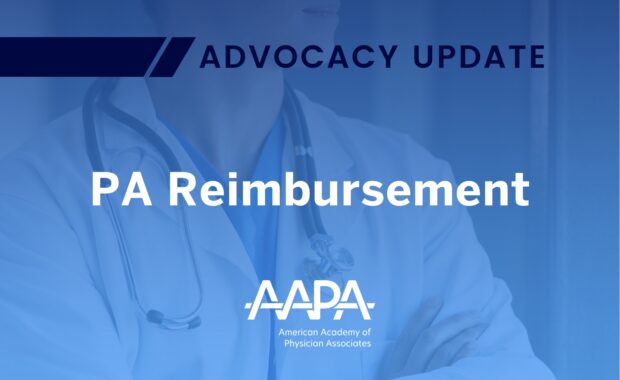South Carolina Set to Modernize PA Practice
Bill Signed by Governor Set to Take Effect August 11
June 5, 2019
PAs in South Carolina celebrated a big win last month when Gov. Henry McMaster signed S. 132 into law.
Set to go into effect on August 11, 2019, the updated law will allow PAs to increase access to care for patients and families throughout the state through modernization of the regulation of PA practice.
The new law will expedite PA entry into the healthcare workforce by streamlining licensure processes and removing archaic, extraneous requirements that serve no public protection role. For example, prior to the enactment of S. 132, South Carolina was one of 10 states that required PAs to pass a jurisprudence exam as part of the licensure process.
“We want to extend our gratitude to Gov. McMaster and the legislature for their efforts to ensure patients in South Carolina continue to benefit from the high-quality care PAs provide,” said South Carolina Academy of Physician Assistants (SCAPA) President Jen Marshall, MSPAS, PA-C in a news release.
The updated law also allows PAs to prescribe up to a five-day supply of Schedule II narcotic medications for the initial prescription. Previously, PAs were limited to prescribing up to a 72-hour initial supply of these medications, which caused unnecessary delays for patients and was particularly cumbersome in rural areas or surgical practices when the surgeon is in the operating room and the after-surgery visit is performed by a PA. For Schedule II non-narcotic medications, an initial 30 -day prescription can be written.
PAs also will have no mileage restrictions that require them to practice within a certain distance from their physician partners unless they have less than two years’ experience or are changing specialties. Their supervising physician at the practice level can waive this 60-day onsite mileage restriction upon hire. The mileage restriction does not apply to PAs working in retail medical clinics.
Under the updated law, PAs can also sign specified clinical patient related documents that their supervising physician can sign to expedite patient care.
Many thanks to the bill’s champions and congratulations to SCAPA for effecting positive change for South Carolina PAs and the patients they serve!
For more information, or for questions regarding PA practice in South Carolina, please contact Stephanie Radix, senior director, state advocacy and outreach.
Read More
Indiana PAs Celebrate Upcoming Enactment of “Collaboration” Legislation
PAs Across America Celebrate First State With Key Components of Optimal Team Practice Following the Legislative Victory in North Dakota
West Virginia PAs Achieve Significant Progress Toward OTP
Thank you for reading AAPA’s News Central
You have 2 articles left this month. Create a free account to read more stories, or become a member for more access to exclusive benefits! Already have an account? Log in.
